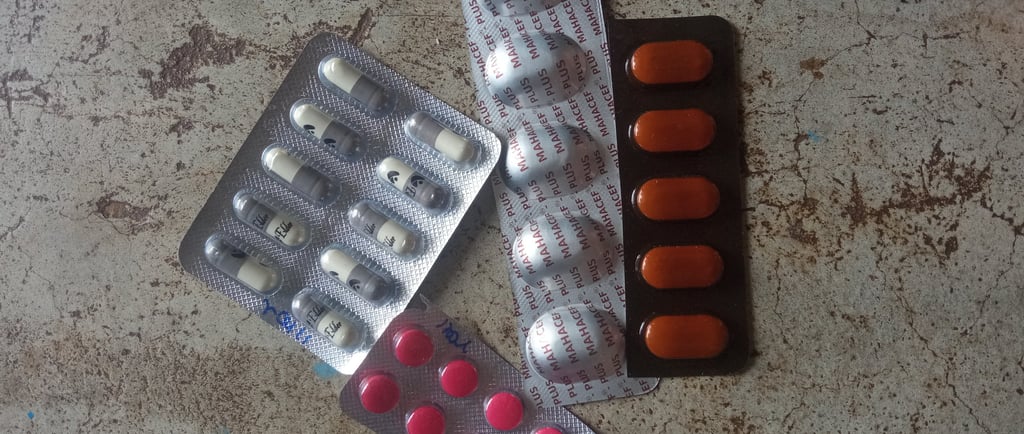Welcome
The Overdose of Medicines by Indian Doctors
11/6/2025


In India, doctors have always been regarded as gods. There was a time when patients would visit doctors with complete trust, and doctors, in turn, would see humanity in their treatment. But today, medical treatment has turned from a “service” into a “system” where behind every prescription lies the name of a pharmaceutical company, the smell of commission, or the count of monthly targets.
Nowadays, if someone catches a mild fever or cold, it’s common to see at least five medicines on the doctor’s prescription.
For example, in a simple case of cold and cough, doctors often prescribe Azithromycin 500 mg (an antibiotic), Cetirizine (an anti-allergy medicine), Paracetamol (for fever), Pantoprazole (for acidity), and sometimes multivitamin capsules like Becosules.
But the truth is, half of these medicines are merely “fillers” unnecessary additions meant to make the prescription look more “complete.”
It’s not that doctors don’t understand what’s truly needed. The real reason lies in the pressure and commission system of pharma companies. Many medical representatives (MRs) meet doctors every month and say things like, “Sir, if you prescribe our medicine 50 times this month, your next conference flight is on us.” Some companies even offer gifts, dinners, or foreign trips. In such cases, some doctors start thinking more about their targets than their patients’ well-being.
Patients, on the other hand, believe that the more medicines they get, the faster they’ll recover. They don’t realize that sometimes just Paracetamol and rest are enough. But for the doctor, a “big” prescription looks more professional. This mindset has turned treatment into a consumer product.
Many doctors even prescribe unnecessary antibiotics for minor illnesses for instance, giving Augmentin 625 mg (Amoxicillin + Clavulanic acid) for a sore throat or cough, when simple remedies like warm water, steam, and rest would do.
The misuse of antibiotics not only weakens the body’s immunity but also leads to Antibiotic Resistance meaning, in the future, the same medicine will stop working.
And it’s not just antibiotics. Nowadays, Pantoprazole (an acidity medicine) is included in almost every prescription, even if the patient doesn’t have any stomach issues. The reason to create an illusion of “safety.”
Some doctors also prescribe Vitamin D3 (like D-Rise 60K) or Calcium tablets (like Shelcal 500) to almost everyone, even though assuming a deficiency without tests is wrong.
In all this, the real victim is the patient. Regular use of multiple medicines affects the liver and kidneys. Many people report that after prolonged medication, they feel weak, gassy, sleepless, or anxious all side effects of over-treatment.
In reality, every illness has a cause often hidden in one’s lifestyle. But doctors rarely have the time to ask how much water a patient drinks, how much sleep they get, or what their diet is like. The easiest path is: “Just give them pills.”
Patients too feel reassured when they get a “full treatment.”
But is that truly treatment? Do we really need a pill for every cold or headache? Sometimes, a cup of hot soup, some rest, and simple food can do more than an entire strip of medicines.
Not every doctor is bad. There are still thousands of doctors who diagnose precisely and prescribe minimal medication. They truly serve humanity not business. But a few greedy ones have tainted the purity of this noble profession.
It’s time for patients to become aware. Trust your doctor but not blindly. If too many medicines are prescribed for a simple illness, seek a second opinion. Google the names of the medicines, understand their purpose, and most importantly listen to your body, not just the prescription.